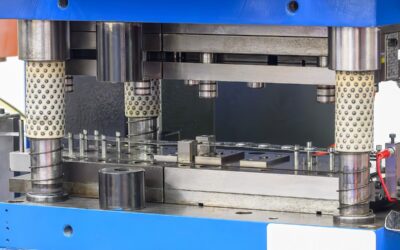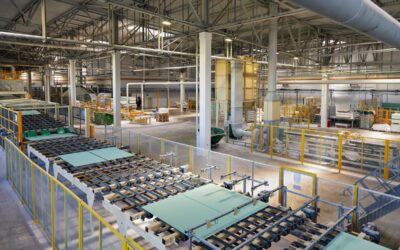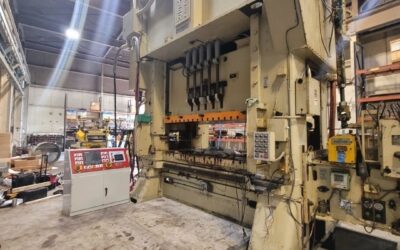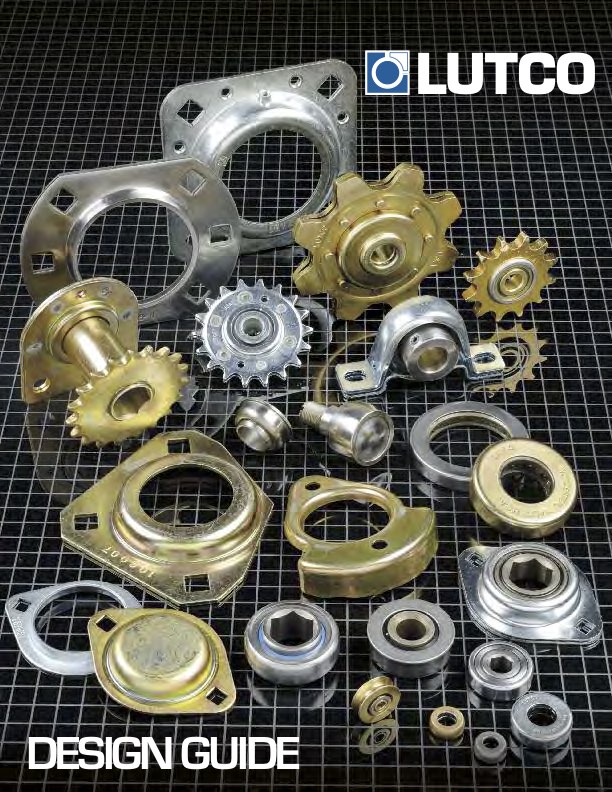Deciding where to source manufacturing operations extends beyond basic logistics. It represents a pivotal strategic choice that significantly influences a company’s efficiency, agility, and financial performance. As experts pay more attention to Total Cost of Ownership (TCO) and other critical factors, reshoring – the practice of bringing manufacturing operations back to the company’s home country – is gaining traction. This strategy, increasingly viewed as a savvy response to rapid technological changes and shifting market dynamics, offers substantial benefits.
Understanding the nuances of reshoring is crucial for engineers and decision-makers in manufacturing. This approach surpasses the traditional draw of offshore cost savings, offering better control over production, enhanced quality assurance, and proximity to major markets. In an era where consumer preferences and market demands evolve quickly, the ability to adapt promptly is invaluable. Reshoring gives manufacturers the advantage, and delivers a level of responsiveness that distant offshoring cannot match.
Recent global events have influenced supply chain strategies and highlighted the need to consider a broader range of factors when choosing manufacturing partners. These include supply chain stability, the importance of quick market response, and the growing emphasis on sustainability and social responsibility in production.
The Landscape of Manufacturing Locations
The choice of offshore, nearshore, or reshore manufacturing operations is multifaceted, with each option presenting its unique characteristics, benefits, and challenges.
Offshoring: Global Reach
Offshoring, moving manufacturing to countries with lower labor costs, has been a key strategy in global manufacturing. It offers cost advantages, access to new markets, and scalability. However, it also brings challenges like logistical complexity, quality control issues, and exposure to political and economic risks.
Near-shoring: The Middle Path
Near-shoring involves relocating operations to nearby countries, often sharing a border with the home country. This approach reduces shipping costs and times, may benefit from cultural and regulatory overlap, and offers more supply chain flexibility than offshoring. Nonetheless, near-shoring might not match the same cost savings as offshoring with a more limited skilled labor pool.
Reshoring: Coming Back Home
Reshoring, the process of returning manufacturing to the company’s home country, has steadily gained momentum in manufacturing circles. It improves control over processes and quality, allows for quicker responses to market changes, and contributes to the local economy. However, it can involve higher labor costs and requires significant investment in local manufacturing capabilities and technologies.
The Deceptive Allure of Offshoring
Offshoring’s main attraction is its potential for cost savings, especially in labor-intensive manufacturing. It also offers global market access and economies of scale. However, it faces challenges like supply chain vulnerabilities, quality control issues, and risks from political and economic instabilities.
The perception of offshoring has shifted recently. The pandemic, while just one factor, played a significant role in highlighting the fragility of extended, international supply chains and the cascading effects that can plague manufacturers long after the initial trouble has been resolved. Companies experienced firsthand the impact of border closures, shipping delays, and logistical nightmares, prompting a reevaluation of the offshoring model.
Moreover, the increasing focus on sustainability and ethical manufacturing practices has also impacted the offshoring decision. The environmental cost of long-distance transportation and concerns about labor practices in some offshore locations are increasingly factoring into the equation.
Total Cost of Ownership in Manufacturing
 Understanding TCO is critical in manufacturing. It includes all costs associated with production, such as direct and indirect labor, transportation, logistics, inventory carrying costs, and quality control. Reshoring often leads to higher product quality and lower defect rates, reducing the fiscal impact linked to returns, rework, and reputation damage.
Understanding TCO is critical in manufacturing. It includes all costs associated with production, such as direct and indirect labor, transportation, logistics, inventory carrying costs, and quality control. Reshoring often leads to higher product quality and lower defect rates, reducing the fiscal impact linked to returns, rework, and reputation damage.
Resilience and Sustainability: The Hidden Value
Reshoring contributes significantly to business resilience and sustainability. It ensures supply chain stability, quick adaptation to market changes, and mitigates geopolitical risks. It also lessens environmental impact, adheres to strict regulations, and bolsters the local economy.
Strategic Integration with Broader Business Goals
The reshoring decision should align with a company’s broader strategic goals, such as market agility, innovation, quality control, and brand reputation. This approach fosters a robust, responsive, and competitive manufacturing base.
Reshoring aligns with the current and future needs of manufacturing, offering control, quality assurance, and market agility. It leverages advanced technologies and skilled domestic labor, responding to consumer preferences for local products and sustainable practices.
Looking Ahead: The Strategic Imperative of Domestic Manufacturing
The strategic decision to reshore is a proactive move towards a more stable, agile, and competitive manufacturing base. It encompasses a holistic view of costs, benefits, risks, and strategic alignment with long-term business goals.
The strategic reshoring of manufacturing operations is not just a trend but an essential shift in global manufacturing. It offers a path to sustainable growth, robust operations, and alignment with the demands of a rapidly changing world, extending benefits beyond the balance sheet to market leadership, innovation, and long-term success.
Lutco: Your Strategic Partner in Reshoring Manufacturing Operations
As businesses consider reshoring their manufacturing operations, Lutco emerges as a compelling partner. With roots going back over 70 years, Lutco has evolved from a metal stamping house for military contracts to a leader in bearing solutions and custom assemblies. This rich history underpins technological expertise and long-term reliability, which are crucial for effective reshoring.
Lutco’s expertise spans a wide range of robust industrial components, from semi-precision ball bearings to metal stampings to innovative subassemblies, serving industrial applications from agricultural equipment to office furniture to trucking and more. Wide-ranging capability offerings ensure they can accommodate diverse manufacturing needs. Their commitment to innovation and technological advancement positions them at the forefront of manufacturing excellence, essential for companies aiming to gain a competitive edge in the market.
Their proven track record in delivering quality parts efficiently and on time establishes Lutco as a reliable partner for reshoring. Operating from strategic locations in New England with multiple facilities, Lutco is ideally positioned to serve markets across the United States, ensuring logistical efficiency. Physical proximity and a strong focus on customer satisfaction make Lutco an excellent choice for businesses seeking a robust and reliable domestic manufacturing partner.
Lutco has the know-how and the can-do to support your reshoring initiative.
Take the first steps toward a manufacturing partnership that promises quality, innovation, and customer-focused solutions.







